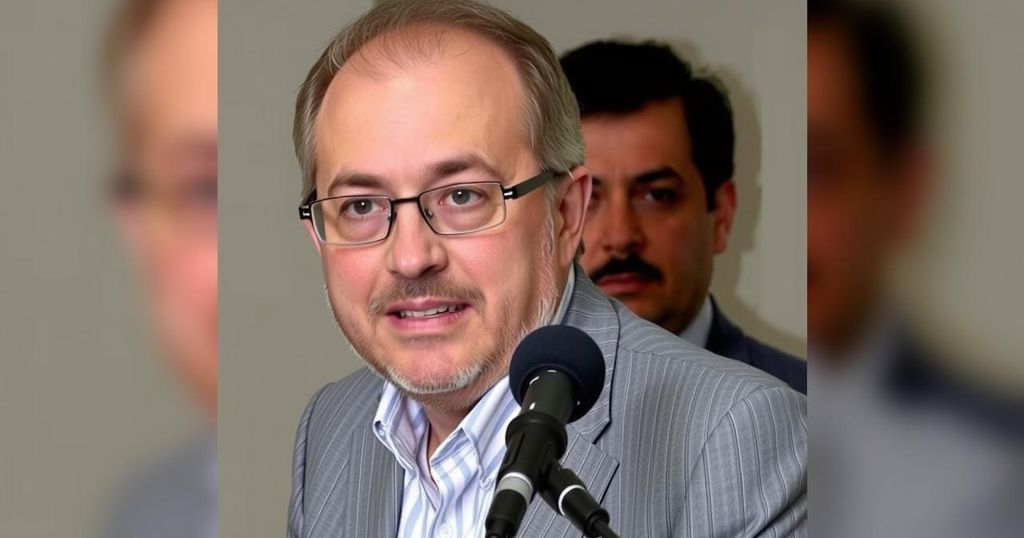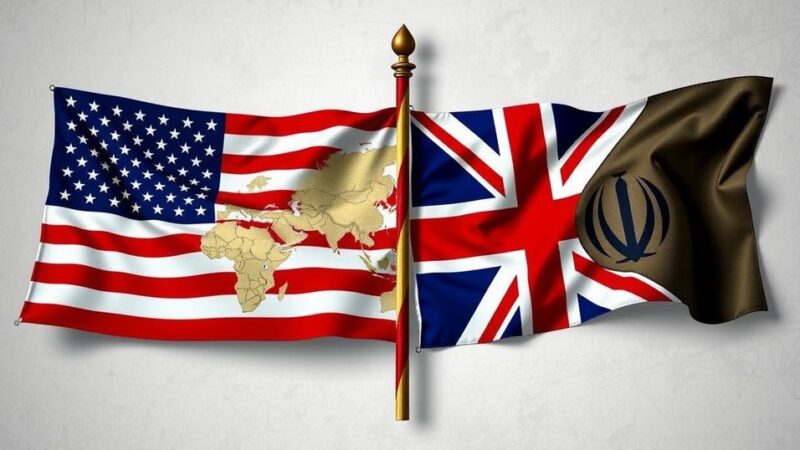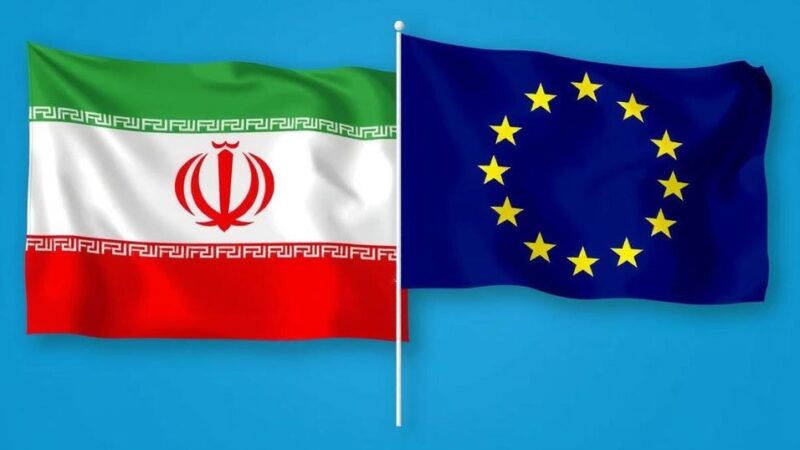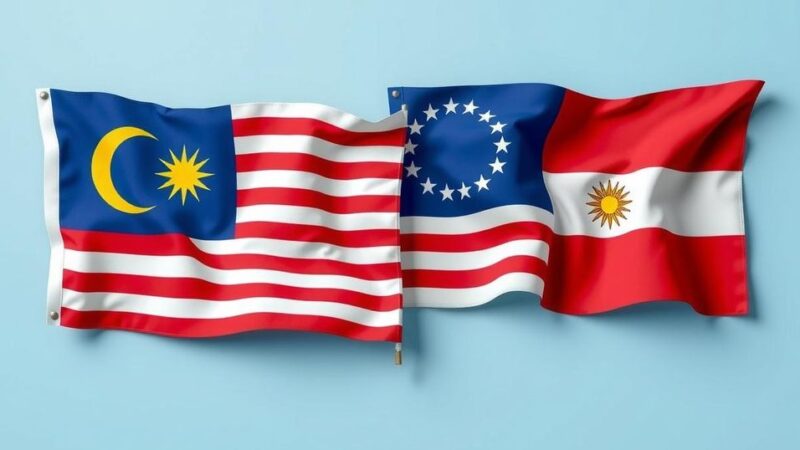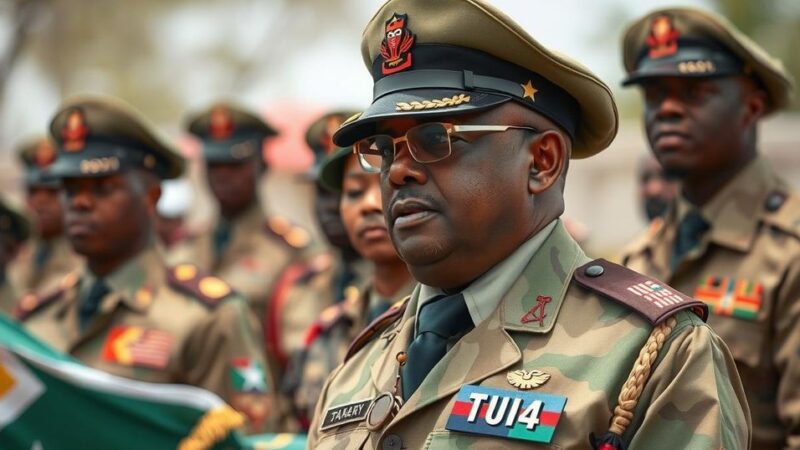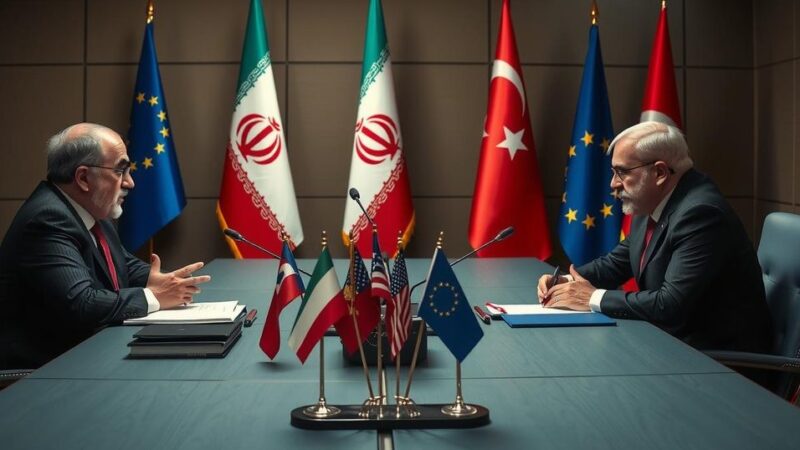Lebanese authorities arrested Abdul Rahman Al-Qaradawi, son of late Muslim Brotherhood leader Yusuf Al-Qaradawi, at the Masnaa border crossing due to an Egyptian arrest warrant. He is wanted on charges related to opposing the state and inciting terrorism and could face extradition to Egypt. The case has sparked discussions around political dissent and the status of the Muslim Brotherhood.
Lebanese authorities have arrested Abdul Rahman Al-Qaradawi, an Egyptian opposition activist and son of the late Muslim Brotherhood leader Yusuf Al-Qaradawi. His detention occurred at the Masnaa border crossing as he was returning from Syria, following an Egyptian arrest warrant issued for charges including opposing the state and inciting terrorism. Al-Qaradawi is facing a five-year prison sentence in absentia. Lebanese officials plan to review his case and assess the possibility of extradition to Egypt, a decision ultimately resting with the Lebanese government. Al-Qaradawi has been active in political opposition against former Egyptian President Hosni Mubarak and is a vocal critic of current President Abdel Fattah El-Sisi. A family acquaintance revealed that he holds Turkish citizenship and had recently visited Syria, where he reportedly celebrated the fall of President Bashar Assad in a widely circulated video. The Muslim Brotherhood has been designated as a terrorist organization by the Egyptian government, which has pursued aggressive measures against its affiliates, including detaining thousands and executing many others.
The arrest of Abdul Rahman Al-Qaradawi highlights ongoing tensions between opponents of the Egyptian regime and the present Lebanese authorities. His father, Yusuf Al-Qaradawi, was a prominent Sunni scholar and the spiritual leader of the Muslim Brotherhood, an organization banned in Egypt. Since the 2013 designation of the Muslim Brotherhood as a terrorist group by the Egyptian government, there has been heightened scrutiny and repercussions for its members, including widespread arrests and accusations of terrorism.
The arrest of Abdul Rahman Al-Qaradawi marks a significant moment, illustrating the ongoing crackdown on opposition figures linked to the Muslim Brotherhood. His potential extradition raises important legal and political questions within both Lebanon and Egypt regarding human rights and the treatment of political dissidents. Overall, this incident reflects the broader regional struggles involving the Muslim Brotherhood and its legacy in the context of Arab Spring uprisings and the subsequent rise of authoritarian governance.
Original Source: www.arabnews.com

